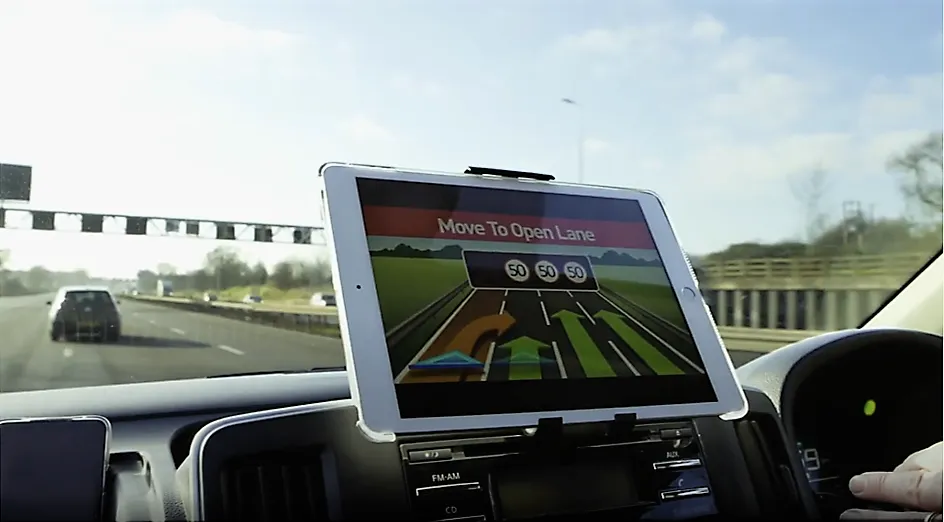
Software developer Oxa has been brought on as a partner in the UK city of Sunderland’s self-driving bus project, which is seeking to use technology to create greener, more efficient transport solutions.
The Sunderland Advanced Mobility Shuttle (Sams) aims to illustrate how autonomous passenger shuttles can better connect people to key destinations while reducing environmental impact.
Oxa provides AV solutions across a range of sectors, including shared passenger transportation and industrial logistics through its self-driving software platform and services. Oxa will deliver ana autonomous Ford E-Transit shuttle.
Its Oxa Driver will drive any vehicle while the company’s Oxa MetaDriver is a suite of proprietary generative AI tools that accelerate deployment. Oxa Hub is a set of cloud-based offerings for autonomous fleet management.
“This initiative is not just about testing new technology,” said Michael Mordey, leader of Sunderland City Council. “It's about improving the quality of life for our residents by offering efficient, sustainable transport options. Oxa’s expertise in AV technology is integral to our shared vision of creating a forward-thinking, sustainable transport system for the people of Sunderland.”
Passenger feedback will be collected throughout the project, for research purposes.
The Sams project is led by Sunderland City Council and a consortium of public and private partners. It is backed by the Centre for Connected and Autonomous Vehicles and Innovate UK, supported by Zenzic. The goal is to increasing connectivity between a key transport interchange - the University of Sunderland City Campus and Sunderland Royal Hospital - via an intelligent transport corridor.
Consortium partners include Stagecoach, which has delivered bus services in Sunderland over many years and also developed the UK’s first full-sized autonomous bus to run over the Forth Bridge in Scotland.
The Systems Security Group at Swansea University in Wales will undertake a system-level cybersecurity risk assessment for the project. This will ensure the deployment is operationally resilient and complies with the relevant standards.
Angoka is an IoT security company protecting critical machine-to-machine communications for smart cities and smart mobility. As part of the Sams consortium, it will facilitate a safe operating environment by securing the intelligent transport systems from cyberattacks. This includes traffic management and electric vehicle charging infrastructure.
Boldyn Networks operates in the shared communications infrastructure sector. The company will partner with Sunderland City Council to design, build and operate next-generation wireless networks.
The Future Mobility Group at Newcastle University will research the operational and safety benefits of the autonomous system on public roads, including remote supervision in circumstances where autonomous operation is not appropriate. The research will contribute to the business case for future autonomous vehicle deployment including future design and on-board service provision, safety of public road running of AVs, user trust and acceptance and guidance, standards and regulatory aspects.
Click here for more information on the Sunderland Advanced Mobility Shuttle project.








